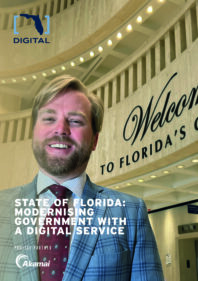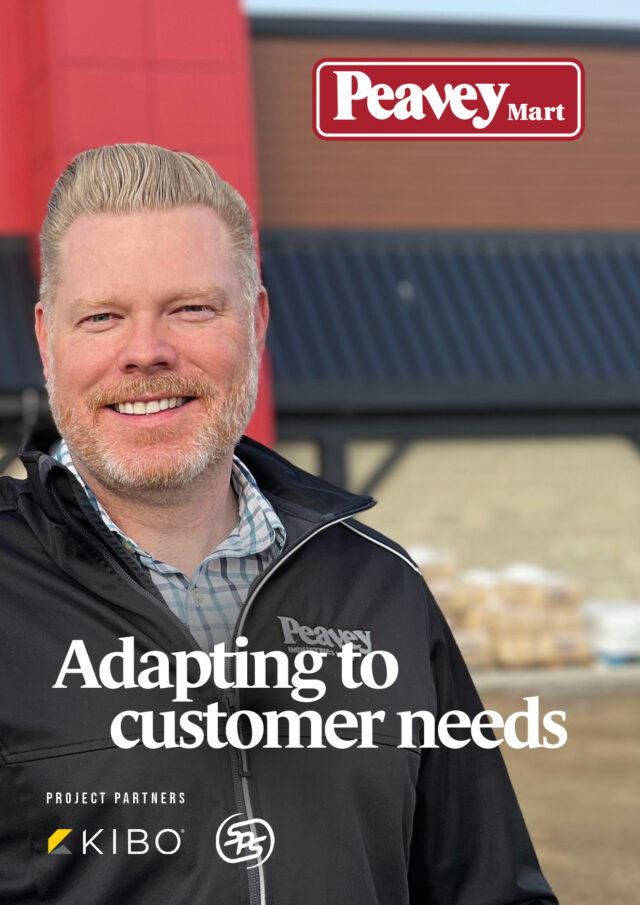
Jamie Grant, Chief Information Officer for the State of Florida, charts the genesis of a transformation program delivering a Digital Service supporting state agencies to achieve their goals.
Florida Digital Service
The State of Florida created the Florida [Digital Service] (FL[DS]) to deliver better government services and transparency to Floridians through design and technology. FL[DS] was established in 2020 and is committed to transforming government.
Grant has been the CIO for the last two years, leading FL[DS] through a fifth iteration of a digital transformation program. “When I arrived, 92 percent of every dollar went through the State Data Centre. I don’t believe government should be in that business because I just don’t think we can do it well. The remaining eight percent of the dollars were for things like cybersecurity, data management and service experience.
“Flash forward, and with the Governor’s leadership, and the legislature buying in, we’ve now right sized and are no longer in the Data Centre business. It’s a huge liability off our books. Simultaneously 100 percent of our dollars are now focused on our cyber plan. The improved experience of our users and citizens are the things people care about. The team at the FL[DS] have created a platform to establish credibility and build trust.”
A digital transformation journey
“We’re on the right path,” assures Grant when assessing the progress of an energetic start-up approach over the past two years. “The Florida Digital Service (FL[DS]) doesn’t have any constituent-facing responsibilities today. Meaning, we don’t manage or develop applications that a resident of Florida or a taxpayer of Florida uses. We offer lots of support and do governance. And that’s a huge asset… When you think about operating identity and access management it’s a lot harder to carry out federated identity if any random entity can show up on the other side of a transaction. It’s already hard to do it for government employees.
“However, because we do not have any direct public-facing responsibilities, nor are we in the e-commerce business. For example, if an agency’s site goes down and cannot be accessed, FL[DS] acts like ‘special forces’ – we come and help that specific agency, but it’s not our direct responsibility.”
Grant remains confident in the process. “We’ll become a true digital transformation for our citizens’ and constituents’ front door. I do not think they care about what branch of government they need to deal with – they just want to get their driver’s license in a digital fashion, their tag renewed, whatever it may be. They want an experience where they can do their transaction through a single front door. Where other states are starting with that, CX/UX forward facing, I actually think that is the recipe for real challenges- because the focus is on the front-end experience before the back end is strong.”









